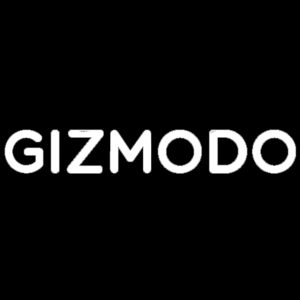- Google’s AI Super Bowl ad claimed that Gouda accounts for 50-60% of global cheese consumption, but travel blogger Nate Hake quickly called out the incorrect statistic. This led Google to remove the claim from the ad quietly.
- Hake accused Google of spreading “hallucinated facts” and highlighted that this wasn’t an isolated incident.
- According to the U.S. Department of Agriculture, mozzarella ranks as the top cheese in America, while cheese preferences vary globally with cheddar, feta and Parmesan also popular.
Full Story
Google’s AI just made a misstep. A Super Bowl ad meant to showcase Gemini’s capabilities instead delivered a Gouda blunder.
In honor of the big game, Google released 50 short ads highlighting small businesses — one from every state. The Wisconsin ad, fittingly set in America’s Dairyland, featured Gemini helping a cheesemonger write a product description.
The AI-generated text claimed that Gouda accounts for 50-60% of the world’s cheese consumption. But travel blogger Nate Hake quickly called out the statistic.
“Gemini provides no source, but that is just unequivocally false. Cheddar & mozzarella would like a word,” he said.
AI-generated facts questioned
Hake took to X, formerly Twitter, to address the issue. He accused Google of “plastering hallucinated facts all over the internet” and claimed this wasn’t an isolated mistake.
“To be clear – I’m saying the actual content of Google’s ads show hallucinations on screen, that YOU can go find live on the web. There are 50 of these,” he posted.
According to Google, an AI hallucination occurs when a model generates incorrect or misleading results. AI systems predict answers based on patterns in data, but accuracy depends on the quality of that data.
Google defends Gemini AI
A Google executive responded to Hake’s post: “Not a hallucination, Gemini is grounded in the web – and users can always check the results and references. In this case, multiple sites across the web include the 50-60% stat.”
Despite the defense, Google quietly removed the statistic from the ad. The revised version now simply describes Gouda without making any claims about its global popularity.
What is the world’s most popular cheese?
But if Gouda isn’t the most popular cheese worldwide, what is?
According to the U.S. Department of Agriculture, mozzarella ranks as the top cheese in America.
Meanwhile, Wisconsin Cheeseman states that Gouda is only the most popular in cooler parts of Europe. The site also notes that cheese preferences vary by region.
Depending on the source, cheddar, feta or Parmesan could also claim the world’s most popular cheese title.














